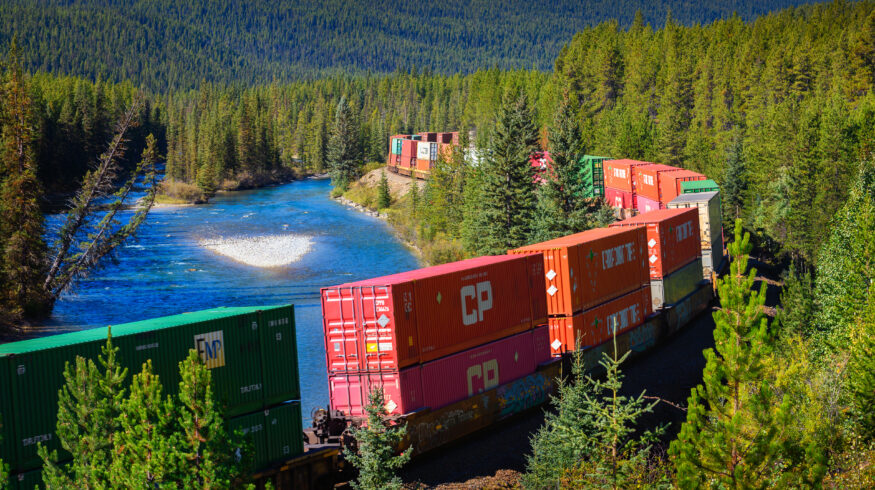Canada rail stoppage threatens US farming season

A potential shutdown of freight rail operations in Canada is poised to severely impact North America’s agricultural sector, affecting everything from wheat shipments to fertilizer and meat deliveries. The Canadian National Railway and Canadian Pacific Kansas City, forming an effective rail duopoly in Canada, are scheduled to cease nearly all freight operations by midnight tomorrow unless last-minute labor agreements are secured.
Canada’s role as the leading global exporter of canola and potash fertilizer, along with being the third-largest wheat exporter, underscores the significant impact a rail stoppage would have. Although the stoppage would involve around 10,000 Canadian rail employees and not those in the U.S., the interconnected nature of North American rail lines means the effects would ripple through the U.S. economy.
A joint letter from nearly three dozen North American agriculture groups to the governments of the U.S. and Canada on Monday stressed the urgency of preventing the stoppage. The groups highlighted that for many bulk commodity exporters, alternatives like trucking are not feasible due to the large volumes and distances involved.
Rail operators have announced plans to initiate lockouts starting Thursday, and the Teamsters union has also issued a strike notice for the same day, demanding improvements in wages, benefits, and crew scheduling. According to Max Fisher, chief economist at the National Grain and Feed Association, the stoppage would disrupt U.S. spring wheat shipments crucial for export, primarily from Minnesota, North Dakota, and South Dakota through the Pacific Northwest.
The U.S. Department of Agriculture noted that U.S. farmers still have nearly two-thirds of the spring-wheat crop left to harvest, with soy, corn, and canola harvests pending over the next few weeks. Mark Hemmes, head of Quorum Corp, warned that Canada’s prairie elevator network would hit full capacity within 10 days of a stoppage, causing severe bottlenecks.
In 2023, Canada was the leading destination for U.S. ethanol exports, with the majority transported by rail, highlighting the broader implications for U.S. corn products. Krista Swanson, chief economist for the National Corn Growers Association, emphasized the continuous need for Canadian potash imports, crucial for U.S. corn farming, which occurs throughout the year.
Industry experts like Fertilizer Canada’s spokesperson Kayla FitzPatrick have quantified potential daily losses from disruptions at C$55 million to C$63 million ($39.6 to $45.36 million), not including additional logistical costs.
Enjoyed this story?
Every Monday, our subscribers get their hands on a digest of the most trending agriculture news. You can join them too!














Discussion0 comments